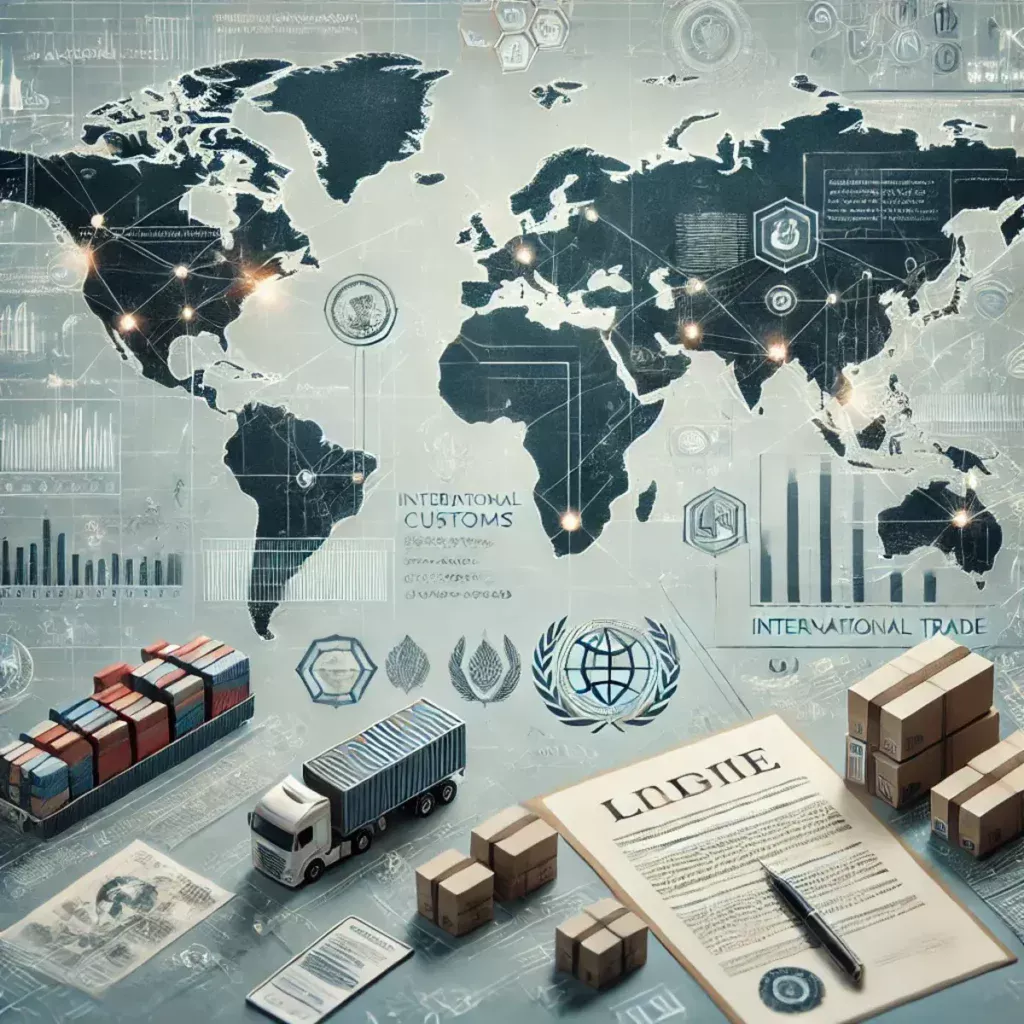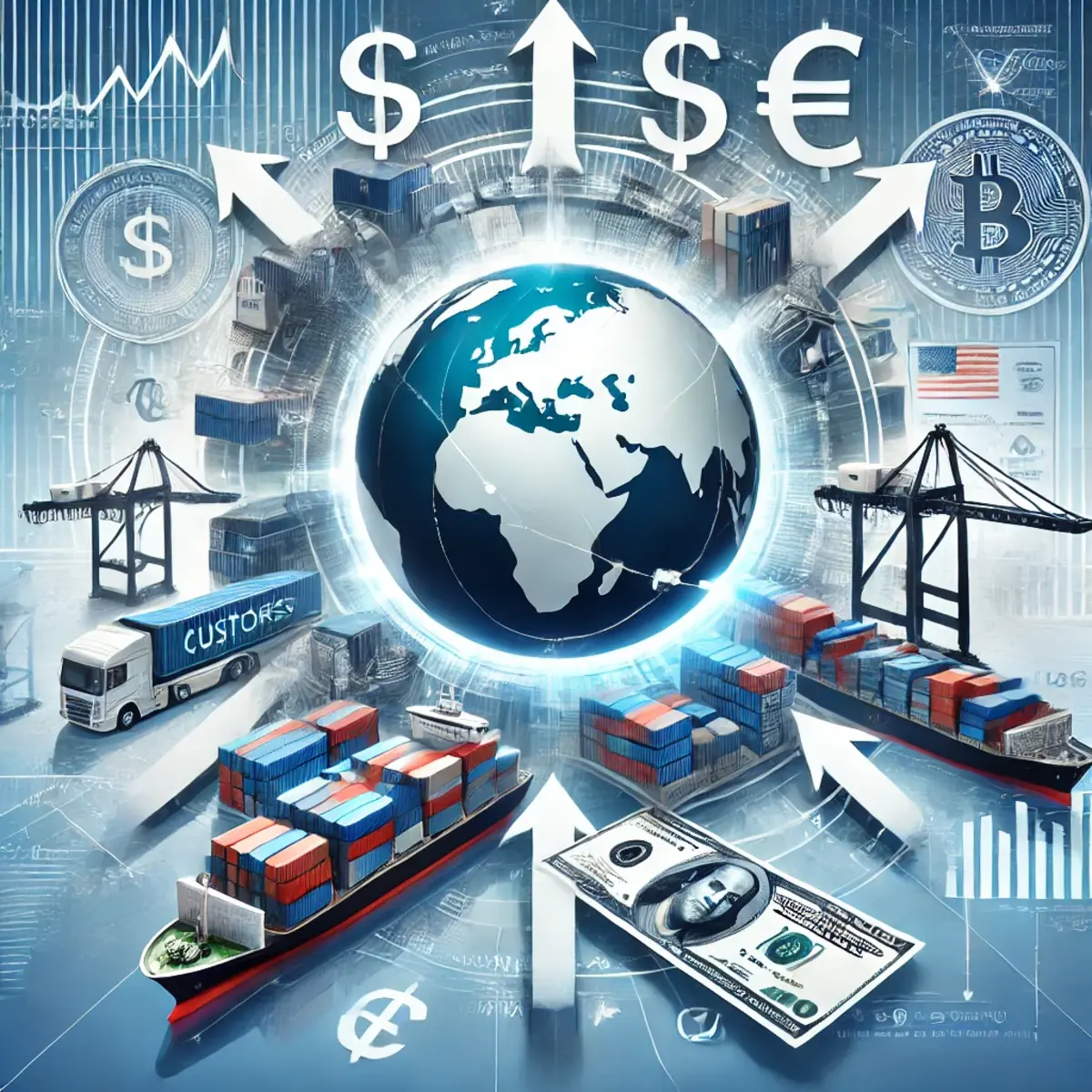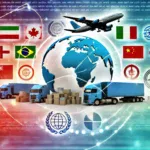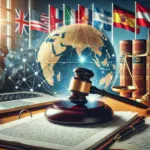Understanding international trade regulations is crucial for businesses engaged in global commerce. These regulations facilitate the exchange of goods and services across borders, ensuring compliance with various laws and standards. This guide offers a comprehensive overview of navigating international trade regulations, helping you streamline your operations and seize global opportunities.
What Are International Trade Regulations?
International trade regulations are laws and rules established by governments and international bodies to manage the import and export of goods and services. These regulations aim to support national security, economic interests, and public welfare.
International trade regulations encompass:
- Tariffs and duties: Structured taxes applied to imported goods, promoting fair competition.
- Import/export licenses: Essential permits required to trade specific products, ensuring quality and safety.
- Trade agreements: Bilateral or multilateral treaties that simplify and encourage trade between countries.
- Sanctions and embargoes: Targeted measures to maintain ethical and secure trading relationships.
For example, the Uyghur Forced Labor Prevention Act (UFLPA) ensures that goods imported from the Xinjiang Uyghur Autonomous Region (XUAR), China are produced without forced labor, promoting ethical sourcing.
Why Are International Trade Regulations Important?
International trade regulations play a vital role in several key areas:
- Protecting domestic industries: Regulations help local businesses thrive by ensuring fair competition.
- Ensuring product safety and quality: Standards guarantee that imported goods meet specific safety and quality criteria, enhancing consumer trust.
- Preventing illegal activities: Measures such as sanctions and export controls actively combat human trafficking and forced labor, fostering a safer global marketplace.
- Maintaining national security: Restrictions on sensitive technologies and materials safeguard a country’s security interests, contributing to global stability.
For instance, the Office of Foreign Assets Control (OFAC) enforces U.S. export controls and trade sanctions, supporting national security by preventing illicit transactions.
How Do International Trade Regulations Affect Businesses?
International trade regulations positively influence businesses in various ways:
- Compliance Requirements:
- Companies adhere to laws like the Uyghur Forced Labor Prevention Act (UFLPA) and North Korean Sanctions Regulations, ensuring ethical and legal operations.
- Compliance fosters trust and credibility, enhancing business reputation.
- Operational Costs:
- Obtaining necessary licenses and permits ensures smooth trading operations.
- Transparent tariff structures, such as the $4.4 million total value of false eyelash kits shipment, promote fair pricing and market competitiveness.
- Supply Chain Management:
- Implementing a “full spectrum supply chain due diligence” approach ensures that all suppliers comply with regulations, enhancing supply chain integrity.
- Companies like e.l.f. Cosmetics, Inc. enforce a vendor code of conduct to monitor their sub-suppliers, promoting ethical practices.
- Market Access:
- Regulations facilitate access to international markets by establishing clear trading guidelines.
- A risk-based approach empowers businesses to navigate complex regulatory landscapes confidently.
What Are the Key Steps to Comply with International Trade Regulations?
To effectively comply with international trade regulations, businesses should follow these key steps:
- Understand Applicable Laws:
- Identify relevant regulations such as the Uyghur Forced Labor Prevention Act (UFLPA) and North Korean Sanctions Regulations.
- Stay updated with changes in U.S. export controls and trade sanctions to maintain compliance.
- Conduct Risk Assessments:
- Evaluate the opportunities and challenges associated with trading in specific regions like North Korea and China.
- Implement country-of-origin verification to ensure product authenticity and compliance.
- Implement Due Diligence:
- Adopt a risk-based approach to monitor and manage supply chain integrity.
- Enforce a vendor code of conduct to ensure that all partners adhere to ethical standards, fostering a reliable supply network.
- Secure Necessary Licenses and Permits:
- Obtain required import/export licenses from agencies like the U.S. Customs and Border Protection (CBP) and Department of Homeland Security, ensuring seamless trade operations.
- Train Employees:
- Educate staff on compliance requirements and best practices to enhance operational efficiency.
- Regular training fosters a culture of compliance, preventing violations and ensuring smooth operations.
- Monitor and Audit:
- Regularly audit supply chains and business practices to ensure ongoing compliance.
- Address any discrepancies promptly to maintain regulatory standards and avoid penalties.
For example, e.l.f. Cosmetics, Inc. proactively audits its supply chain to prevent the use of forced labor, aligning with the UFLPA Entity List, thereby reinforcing its commitment to ethical practices.

How Can Businesses Mitigate Risks Associated with International Trade Regulations?
Businesses can effectively mitigate risks related to international trade regulations by adopting the following strategies:
- Implementing a Risk-Based Approach:
- Allocate resources to high-opportunity areas, such as suppliers in regions with robust regulations like North Korea and China, ensuring strategic compliance.
- Enhancing Supply Chain Transparency:
- Utilize tools like country-of-origin verification to trace the origins of products and materials, promoting transparency and trust.
- Establishing Robust Compliance Programs:
- Develop comprehensive compliance frameworks that include policies, procedures, and regular audits, fostering a resilient business model.
- Engaging with Legal Experts:
- Collaborate with legal professionals specializing in international trade to navigate complex regulations effectively, ensuring informed decision-making.
- Leveraging Technology:
- Utilize advanced software solutions for tracking and managing compliance obligations, reducing the likelihood of human error and enhancing efficiency.
For instance, adopting a “full spectrum supply chain due diligence” approach enables businesses to identify and address potential compliance opportunities proactively, strengthening their market position.
What Are the Common Challenges in Navigating International Trade Regulations?
Navigating international trade regulations presents several opportunities for growth and improvement:
- Complexity and Variability:
- Regulations vary between countries, offering diverse opportunities for businesses to expand and innovate.
- Staying informed about changes, such as updates to the UFLPA or North Korean Sanctions Regulations, ensures businesses remain competitive.
- Compliance Costs:
- Implementing necessary measures fosters robust business practices, especially beneficial for small and medium-sized enterprises (SMEs).
- Transparent cost structures, exemplified by the $3 million previous customs detention amount, support financial planning and sustainability.
- Supply Chain Disruptions:
- Regulatory changes can lead to strategic adjustments in the supply chain, enhancing flexibility and resilience.
- Proactive measures, such as addressing the $1 billion current customs detention amount, demonstrate strong financial management.
- Data Management:
- Efficiently managing and securing data related to compliance enhances operational effectiveness.
- Ensuring accurate country-of-origin verification supports data integrity and reliability.
- Lack of Expertise:
- Navigating international regulations provides opportunities for businesses to develop specialized knowledge.
- Investing in qualified personnel or partners with the necessary expertise fosters a knowledgeable and capable workforce.
Addressing these challenges with a strategic approach, effective risk management, continuous education, and leveraging technology enables businesses to streamline compliance processes and achieve sustained success.
How Do International Trade Regulations Impact Supply Chain Management?
International trade regulations positively influence supply chain management by enforcing standards and practices that ensure compliance and ethical operations. Here’s how:
- Supplier Selection and Monitoring:
- Regulations like the Uyghur Forced Labor Prevention Act (UFLPA) necessitate thorough vetting of suppliers, ensuring ethical partnerships.
- Companies enforce a vendor code of conduct to monitor sub-suppliers, fostering a trustworthy supply network.
- Supply Chain Transparency:
- Enhanced transparency through country-of-origin verification helps trace the source of materials and products, promoting accountability.
- Risk Mitigation:
- Implementing a risk-based approach allows businesses to identify and address potential compliance opportunities proactively.
- Operational Adjustments:
- Compliance encourages strategic changes in logistics, sourcing, and inventory management, enhancing operational efficiency.
- Cost Management:
- Balancing compliance costs with operational efficiency maintains profitability and supports sustainable growth.
For example, U.S. Customs and Border Protection (CBP) enforces strict import regulations, compelling businesses to maintain transparent and compliant supply chains, ensuring smooth and efficient operations.
What Are the Future Trends in International Trade Regulations?
International trade regulations are continually evolving to address emerging global opportunities. Future trends include:
- Increased Focus on Sustainability:
- Regulations will increasingly emphasize environmental sustainability and ethical sourcing, promoting responsible business practices.
- Enhanced Digital Trade Rules:
- As e-commerce grows, regulations will adapt to support digital transactions and protect data privacy, fostering a secure online trading environment.
- Strengthened Anti-Fraud Measures:
- Governments will implement robust measures to combat fraud, counterfeit goods, and illicit trade, enhancing market integrity.
- Greater Collaboration Among Nations:
- International cooperation will enhance the harmonization of trade regulations, simplifying compliance for businesses and fostering global partnerships.
- Advancements in Technology for Compliance:
- Emerging technologies like blockchain and AI will improve supply chain transparency and compliance monitoring, driving innovation and efficiency.
Staying abreast of these trends enables businesses to anticipate regulatory changes and adapt their strategies accordingly, ensuring sustained compliance and a competitive advantage.
Navigating international trade regulations requires a comprehensive understanding of the legal landscape, proactive risk management, and a commitment to ethical practices. By implementing robust compliance programs, leveraging advanced technology, and staying informed about regulatory changes, businesses can effectively manage their international operations and capitalize on global opportunities.
Take the next step by reviewing your current trade practices and ensuring they align with the latest international regulations. For more detailed information, International Business Law for Beginners: A Comprehensive Guide.
References:
- Department of Homeland Security
- Office of Foreign Assets Control (OFAC)
- Uyghur Forced Labor Prevention Act (UFLPA)
- U.S. Customs and Border Protection (CBP)
- U.S. Department of State – Sanctions
- e.l.f. Cosmetics, Inc. Official Website
- UFLPA Entity List

Jonathan Hartley is a highly regarded senior criminal lawyer with over 15 years of experience in the UK legal system. He began his career at a prestigious law firm in London, where he specialized in both defense and criminal law. Known for his ability to craft compelling defense strategies, Jonathan has successfully represented clients in high-profile cases and earned multiple awards for his contributions to the field of law.
In addition to his legal practice, Jonathan is also an accomplished legal writer, contributing articles to top legal blogs and online platforms. His work not only provides valuable insights into legal matters but also meets Google’s E-E-A-T standards by delivering accurate, reliable, and trustworthy information to readers. Committed to legal ethics and public welfare, Jonathan actively participates in discussions on law and justice while educating the public through his writing.










